
UML-Maoist Unity Talks: Prachanda Proposes Bidya Bhandari as Unified Party Chair
In a significant development, high-level discussions are reportedly underway between the CPN-UML and the CPN- Maoist Center for the reunification of the two political entities. The key figures involved in these secret negotiations are none other than UML Chairman KP Sharma Oli and Maoist Chairman Pushpa Kamal Dahal ‘Prachanda’, who also serves as the Prime Minister of Nepal.
The two leaders have taken it upon themselves to resolve longstanding issues that have persisted despite repeated discussions among the second-level leaders of their respective parties. Secret talks between Oli and Prachanda have reportedly become a regular occurrence, signaling a potential breakthrough in the ongoing efforts to unite the two communist factions.
In the most recent discussion, Prachanda proposed a unique solution: that after the 2084 elections, both leaders would assume the role of guardians and appoint former President Bidya Devi Bhandari as the Chairman of the unified party. However, Oli has not yet accepted this proposal, raising questions about the feasibility of such an arrangement.
This is not the first time Bhandari’s name has been floated as a potential unifying figure. In earlier discussions among second-level leaders, there was a proposal to make Bhandari the president of the unified party, a suggestion that Oli vehemently opposed. At that time, Oli publicly criticized Bhandari and Prachanda, expressing his belief that Prachanda was attempting to sideline him through such proposals.
Previously, Prachanda had assigned the task of facilitating discussions on this matter to leader Barshman Pun. UML had deployed a group of young leaders, led by Vice Chairman Bishnu Prasad Paudel, in an attempt to resolve the leadership question. Despite repeated discussions among these young leaders, the issue of future leadership remains unresolved, prompting the involvement of the two Chairmen once again.
Prachanda’s recent proposal to make Bhandari the Chairman, with both Oli and Prachanda acting as parental figures, reflects a renewed effort to find common ground and unite the party. However, the impasse on the issue of future leadership remains a significant hurdle.
Chairman Oli has publicly stated his insistence on being the sole chairman of the unified party. He rejected the proposal for two chairmen, emphasizing that party unity cannot be achieved through such an arrangement. Furthermore, Oli has suggested that if he does not claim the chairmanship, Prachanda could serve the entire term as Prime Minister.
Despite Prachanda’s assurances that he will retain the position of Prime Minister until 2084 and then relinquish both the party chairmanship and government leadership, a condition has been set forth: Oli must also step down from the party chairmanship. While many youth leaders on both sides seem agreeable to this compromise, Chairman Oli appears reluctant to concede leadership easily, creating a potential roadblock to unity.
The process of making Bidya Devi Bhandari the Chairman has once again gained momentum, indicating ongoing efforts to find a resolution that satisfies all stakeholders. The situation remains fluid, and as the negotiations continue, the future landscape of Nepali politics hangs in the balance.
This intricate dance of negotiations and power dynamics will undoubtedly shape the course of the unified communist party and the political trajectory of Nepal in the years to come. As the discussions unfold, the international community watches closely, anticipating the outcome of these high-stakes talks between the CPN (UML) and CPN (Maoist Center).
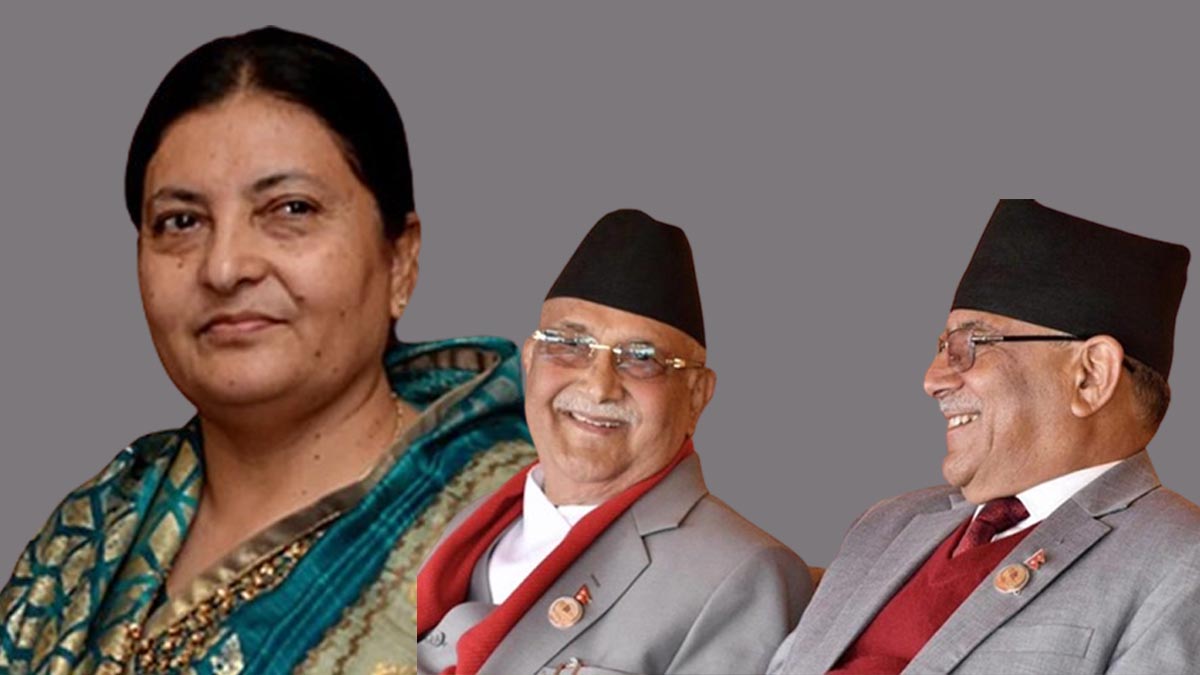


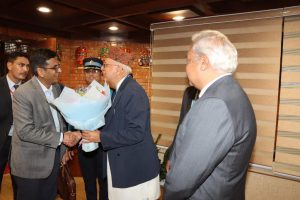
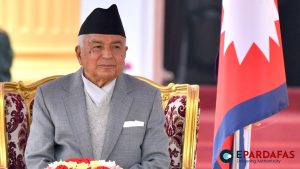

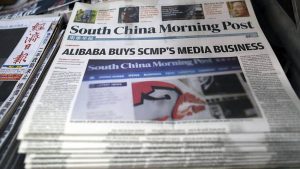
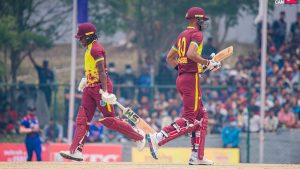
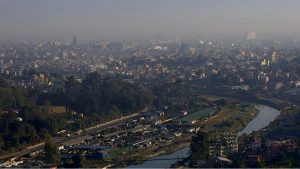





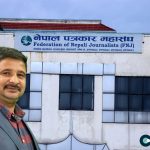
Comments